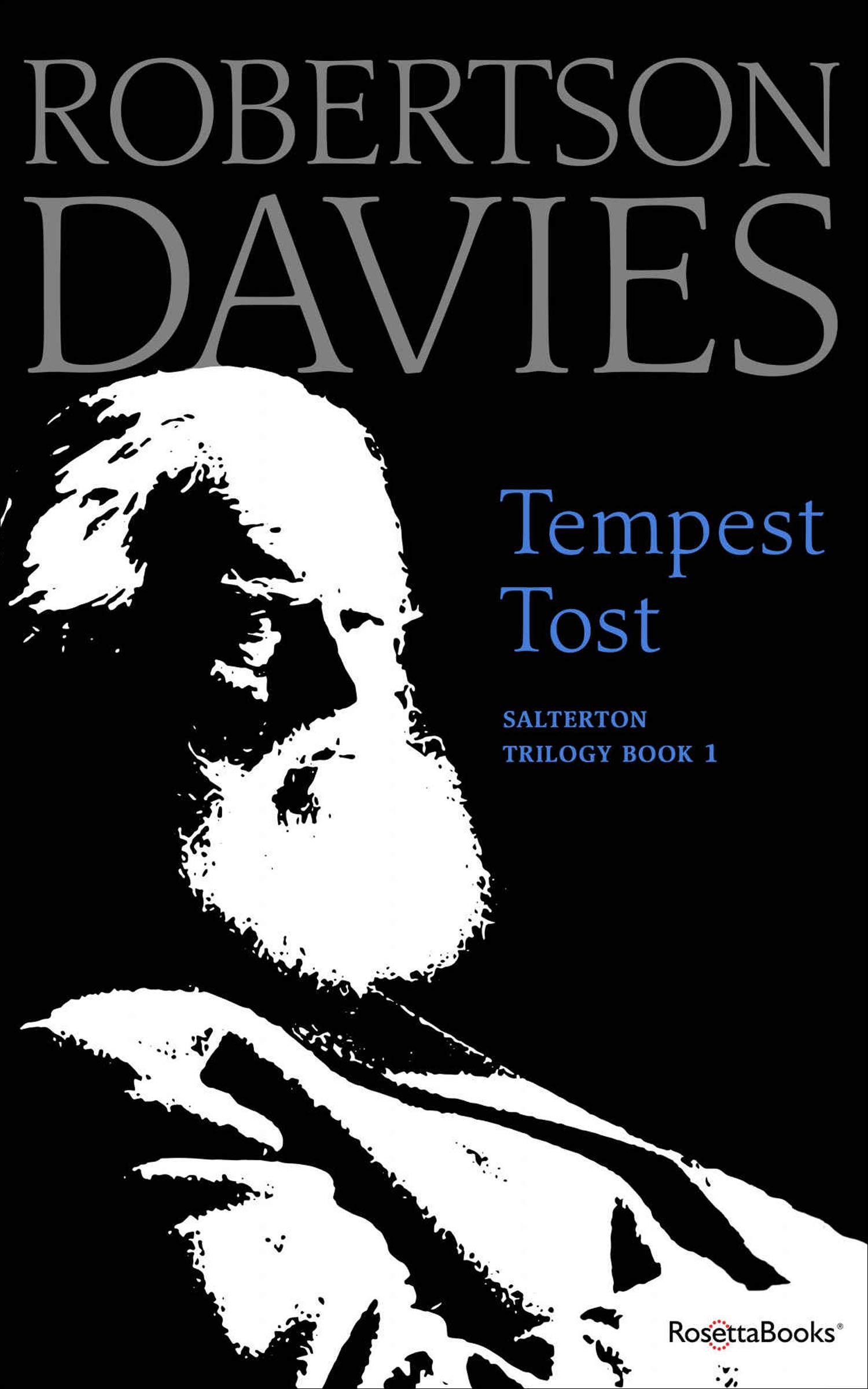What do you think?
Rate this book


324 pages, Kindle Edition
First published January 1, 1951
“Never heard of Galen? Claudius Galen? The father of medical practice?”
“Is he dead?”
“A small matter of seventeen hundred years.”
“Ah. Well I dare say his opinion has been contradicted since then. Medical opinion is always changing. Do you see The Reader’s Digest?”
“Galen wasn’t just a pill-roller. He was a first-rate psychologist. The remark I have quoted to you is really a philosophical opinion phrased as a medical maxim.”
“But it is out-dated.”
“Damn it, wisdom is never out-dated.”
“But how can the opinions of a doctor who died so long ago be any good today? In religion, of course, age is a good thing. But not in medicine.”
“All right, Mackilwraith, you win. I feel myself to be an angel, beating my ineffectual wings in vain against the granite fortress of your obtuse self-righteousness.”
“You’re not an angel. I think you’re rather silly. Why do you clutter your mind with what a dead doctor said?”
“Galen isn’t just a dead doctor, man; he was a great spirit. Probably a lot of his ideas are fantastic now. But he had flashes of insight which we can’t discount. That’s what makes a man great; his flashes of insight, when he pierces through the nonsense of his time, and gets at something that really matters.”
“You are a lucky man to have room to spare in your head for truck of that sort.”
“Truck?”
“Most of us find it hard enough to keep track of the things that we really need to know.”
“Oho, now I know what you are. You are an advocate of Useful Knowledge.”
“Certainly.”
“You say that a man’s first job is to earn a living, and that the first task of education is to equip him for that job?”
“Of course.”
“Well, allow me to introduce myself to you as an advocate of Ornamental Knowledge. You like the mind to be a neat machine, equipped to work efficiently, if narrowly, and with no extra bits or useless parts. I like the mind to be a dustbin of scraps of brilliant fabric, odd gems, worthless but fascinating curiosities, tinsel, quaint bits of carving, and a reasonable amount of healthy dirt. Shake the machine and it goes out of order; shake the dustbin and it adjusts itself beautifully to its new position.”(Emphasis added)

“The web of our life is of a mingled yarn, good and ill together: our virtues would be proud, if our faults whipped them not; and our crimes would despair, if they were not cherished by our virtues."
—All’s Well that Ends Well
“I’d be happy if I could just get enough light to kill those shadows,” said Larry Pye; “but do what I will, everywhere an actor goes, he casts a shadow.”
“And why not?” said Solly. “What could be more natural? Here we are in bright moonlight, and every one of us has a shadow. Larry wants us all to be like Peter Schlemihl, who sold his shadow to the Devil.”
… These our actors,
As I foretold you, were all spirits, and
Are melted into air, into thin air.
One day he tore the Plan of Conduct out of his book and burned it; it seemed to him to be stupid and worthless, an insult to what he felt. Indeed his whole concept of life as something which could be governed by schemes in pocketbooks appeared to him suddenly to be trivial and contemptible.